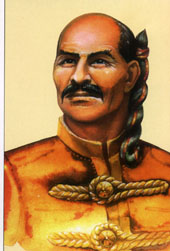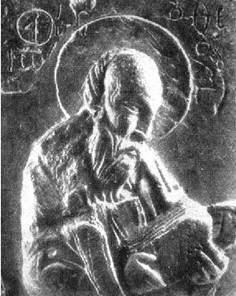Domen
Misico dux Vandalorum
Bulgarian population in Fyromia
What Bulgar population in Fyromia? They don't look Asian / Mongoloid at all, so I don't think they look like Bulgars:
http://www.vagabond.bg/high-beam/2089-polski-trambesh.html
Mostich:
http://en.wikipedia.org/wiki/Mostich


=====================================
Other examples:



 is south in Bulgaria. The o in Yugoslavia is added so that it sounds better. Such is life.
is south in Bulgaria. The o in Yugoslavia is added so that it sounds better. Such is life.
